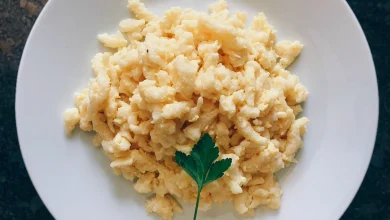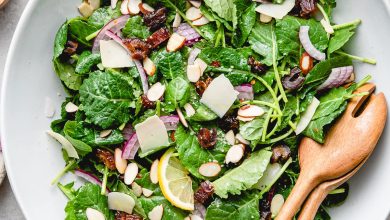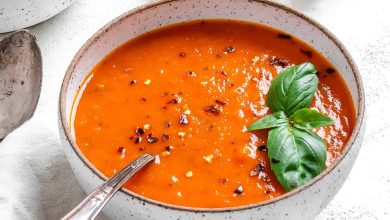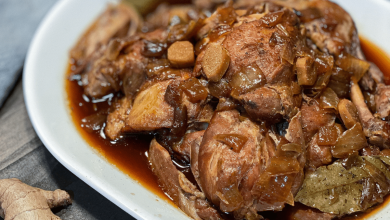Allo Aloe
🌱 Aloe Vera is a popular plant known for its various health and skincare benefits! 🌱
📜 History:
- Aloe Vera has a long history of use, dating back thousands of years. It’s believed to have originated in North Africa but has been cultivated worldwide.
- Ancient Egyptians called it the “plant of immortality” and used it in cosmetics and medicine.
- It was also used by ancient Greeks, Romans, and Indian Ayurvedic practitioners.
🌿 Components:
- The key components of Aloe Vera gel are water, various vitamins (A, C, E, and B complex), minerals (calcium, magnesium, zinc), amino acids, enzymes, and polysaccharides.
🔧 Preparation Steps:
-
Select an Aloe Vera leaf: Choose a mature, healthy leaf from the plant. Make sure it’s thick and green.
-
Cut the leaf: Using a sharp knife, cut the leaf close to the base of the plant.
-
Drain the yellow latex: Aloe latex can be irritating to the skin and stomach, so it’s essential to drain it. To do this, place the cut end of the leaf facing downward for about 10-15 minutes, allowing the yellow sap to drain out.
-
Peel the skin: After draining, carefully peel off the green outer skin of the leaf, exposing the clear gel inside.
-
Extract the gel: Scoop out the gel using a spoon or scrape it off with a knife. Collect the gel in a clean container.
-
Store or use: You can store the extracted gel in the refrigerator for a few days or use it immediately.
⏰ Time Needed:
- The whole process of preparing Aloe Vera gel should take about 20-30 minutes, including the time for draining the latex.
Remember, Aloe Vera gel has various uses, such as soothing sunburn, moisturizing the skin, and promoting hair health. It’s essential to perform a patch test before using it extensively on your skin, especially if you have sensitive skin, to ensure you don’t have any adverse reactions. Enjoy the benefits of this amazing plant! 🌿🌞✨
Certainly! Here are the nutrition facts and health information for Aloe Vera:
Nutrition Facts (Per 100g of Aloe Vera Gel):
- Calories: 4
- Total Fat: 0g
- Cholesterol: 0mg
- Sodium: 7mg
- Total Carbohydrates: 1g
- Dietary Fiber: 0g
- Sugars: 0g
- Protein: 0g
- Vitamins: A, C, E, B complex
- Minerals: Calcium, Magnesium, Zinc
- Amino Acids
- Enzymes
- Polysaccharides
Health Information:
- Aloe Vera is low in calories and does not contain significant amounts of fat, cholesterol, or carbohydrates, making it a suitable addition to a healthy diet.
- It is rich in vitamins and minerals, particularly vitamins A, C, and E, which have antioxidant properties and contribute to skin and immune health.
- Aloe Vera contains enzymes that can aid in digestion and promote better nutrient absorption.
- The presence of amino acids in Aloe Vera supports tissue repair and growth.
- Polysaccharides in Aloe Vera may have immune-boosting and anti-inflammatory effects.
- Aloe Vera is commonly used for its topical benefits, such as soothing sunburn, moisturizing the skin, and promoting wound healing.
- Some people also use Aloe Vera internally for digestive issues, although it’s essential to use it cautiously and consult with a healthcare professional if considering internal consumption.
Keep in mind that while Aloe Vera offers various potential health benefits, individual responses may vary, and it’s advisable to use it in moderation and consult with a healthcare provider for personalized advice, especially if you plan to consume it internally. 🌿🌞✨








